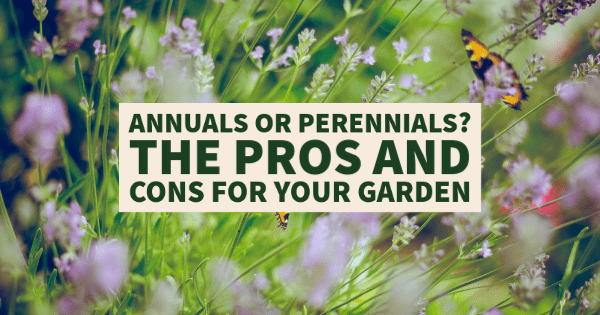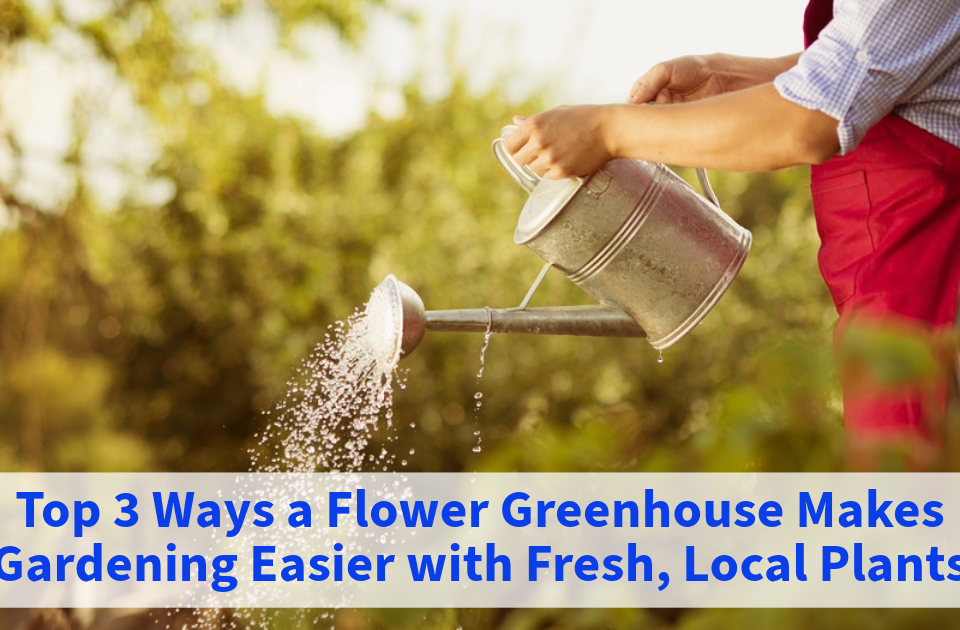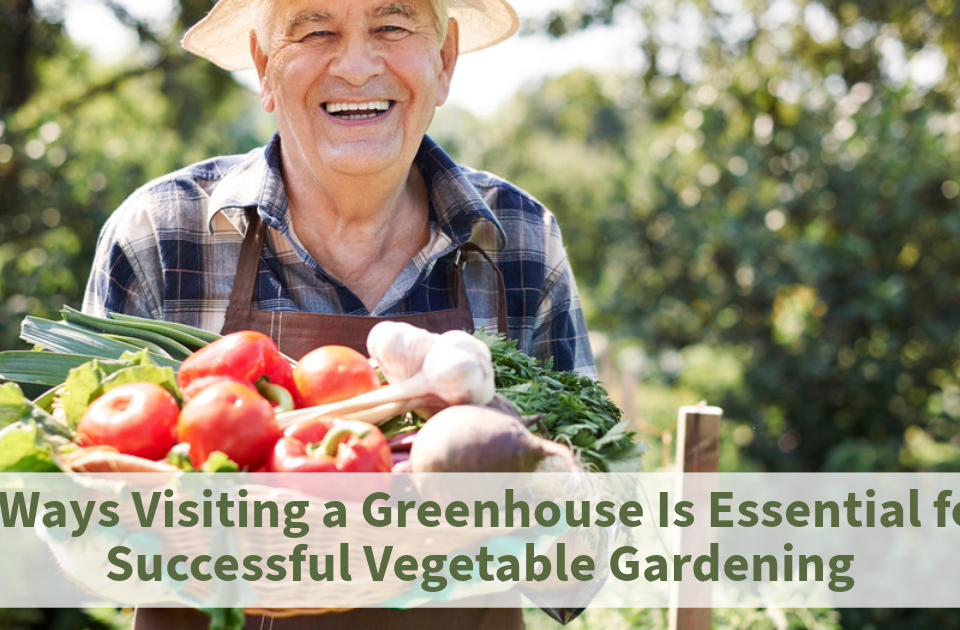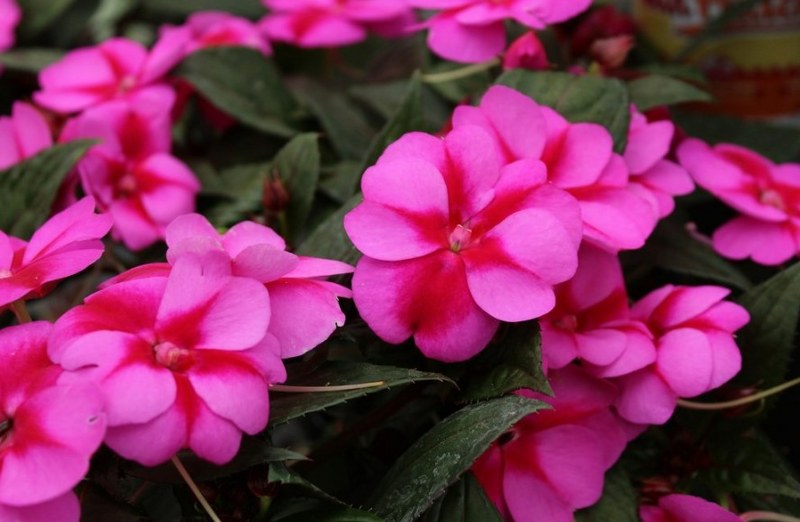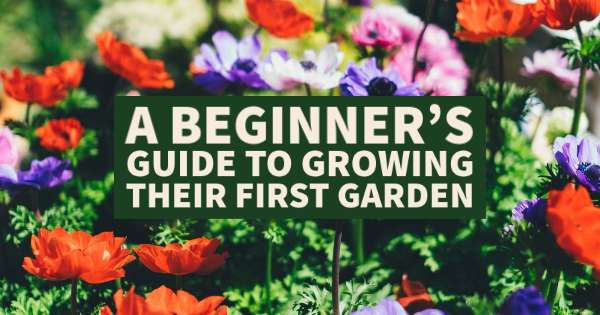
A Beginner’s Guide to Growing Their First Garden
April 15, 2020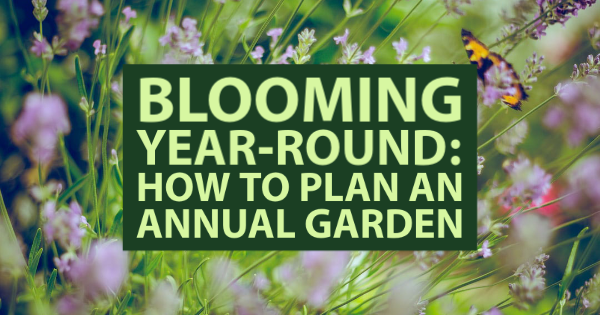
Blooming Year-Round: How to Plan an Annual Garden
May 14, 2020If you are looking to get into gardening this spring, you’re not alone. Over 53% of people say that gardening helps make them feel more productive and 42% say that it makes them feel happier and healthier. However, if you’re new to gardening and landscaping, it can be difficult to know just where to begin. To help get you started, here are a couple of popular planting ideas that can be employed to create the perfect garden space at your home.
Annual Flowers and Perennials
Both annual and perennial flowers have their pros and cons, and some people favor either type for a variety of reasons. To help you make the best decision for your garden, here is what you need to know about these types of landscape plants.
Annual Flowers
- Annual flowers grow for a season and then die off come winter and require frequent attention during their lifespans. However, some annuals are capable of growing quickly, making them a good choice for gardeners who want to fill their flowerbeds quickly.
- Annual flowers can often be found in a larger variety of colors, some of which can be quite vivid and eyecatching. This helps create a garden that is colorful all spring and summer long.
- Annual flowers can also usually be found inexpensively, making it easier to invest in more for your garden without breaking the bank. Additionally, since they only last for a year, this gives you the option of changing your garden colors every spring.
- On the other hand, annual flowers often require more attention and watering than perennials, and they are much more susceptible to the cold. It’s important to keep an eye on them and try to plant them once you’re sure they won’t get exposed to frost or low temperatures.
Perennials
- Perennials are good for gardeners who are looking to plant once and get onto other things. Once the plants have been planted they will continue to come back year after year so long as they are cared for.
- Perennials are also good for the soil, and their roots can help with aeration and water filtration. This can also help prevent erosion which can ruin gardens and lawns.
- Some types of perennials also have long harvest times which makes them perfect for gardens all season long. This can also help give you coverage once your annuals have died off during the fall.
- Perennial plants also require less maintenance and are able to withstand adverse conditions that annuals would wither in.
- Additionally, perennials make great landscape plants because they are predictable every year. You won’t have to worry about replotting your landscape each spring, and can instead enjoy the layout you already have in place.
- A couple of drawbacks to perennials are their longer yield times, with some taking years to bear a full bloom or crop. Furthermore, they can also be more susceptible to disease and are known to require more space than annuals.
While both of these flower types make for gorgeous landscape plants, the type you go with will depend on what your preferences are. If you don’t want to replant every year, for instance, perennials may be the way to go.
Additionally, you could incorporate vegetables into your garden space to not only add aesthetic value but also add practical use. Tomatoes, for example, are one of the most popular vegetables to grow at home and can serve as a great garden addition alongside your landscape plants.
Working with a Gardener
If you’re unsure about exactly what would work best for your home, consider reaching out to Schwartz Greenhouse, your gardening professional. We can also help with landscape layout to ensure all of your plants have enough space and sun to thrive. Overall, gardening is a learning process, and once you get started you’ll want to continue gardening for years to come.


